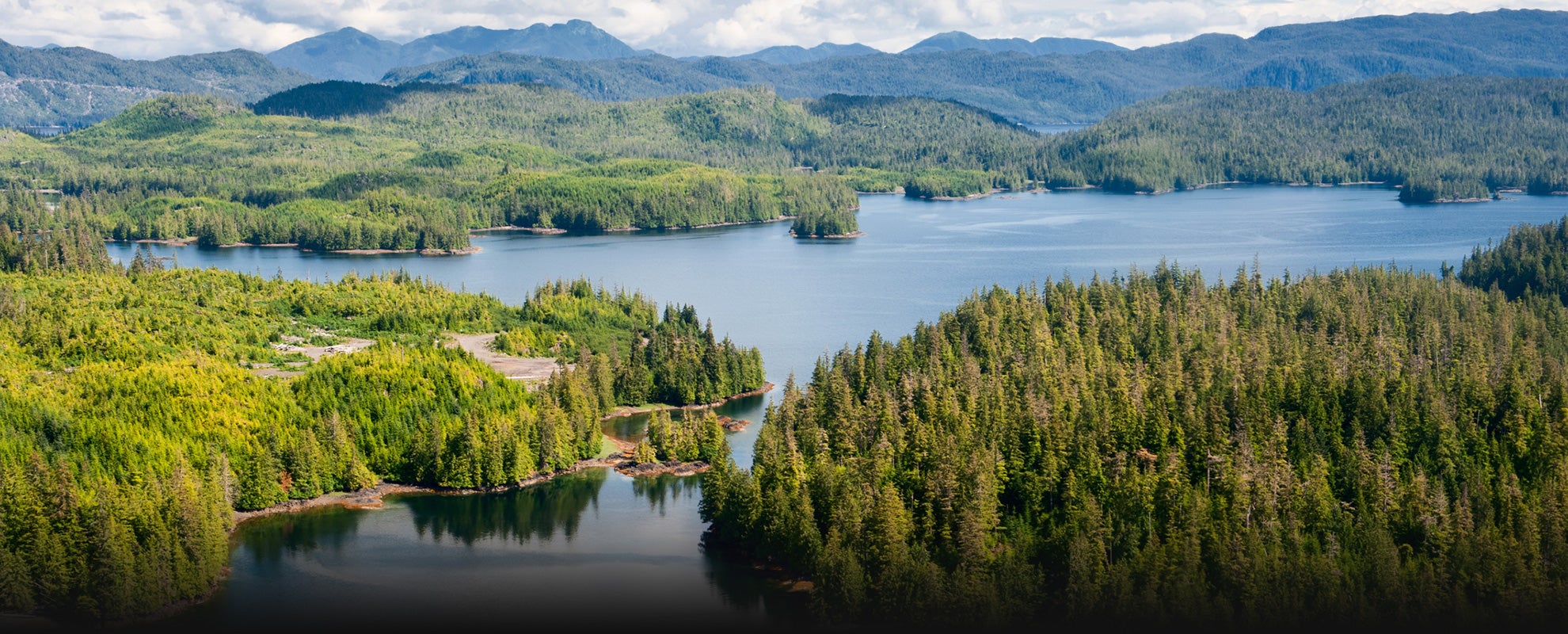Judge Issues Preliminary Injunction Halting Old-Growth Timber Sale in Tongass National Forest
Victory
—Initial phase of staggering logging project placed on hold a day before bids were scheduled to open
Contact
Today, a federal judge issued a preliminary injunction that halts, for now, the initial phase of the largest timber sale approved by the U.S. Forest Service (USFS) in 30 years. The USFS has targeted Prince of Wales Island, a part of Alaska’s Tongass National Forest, with a 15-year plan to log more than 42,500 acres of temperate rainforest and construct 164 miles of new roads through public lands. Most of the trees targeted for logging are old-growth, and may have sprouted as saplings many centuries ago.
USFS authorized this massive logging project without disclosing which specific locations would be targeted or what impacts logging would have there, prompting Earthjustice to file a lawsuit on behalf of several organizations in May 2019 challenging the Prince of Wales project. The Plaintiffs are Southeast Alaska Conservation Council, Alaska Rainforest Defenders, Alaska Wilderness League, National Audubon Society, Defenders of Wildlife, Center for Biological Diversity, Sierra Club, and Natural Resources Defense Council.
Today’s ruling, by a federal district judge in Alaska, grants a preliminary injunction blocking an initial sale that would have auctioned off 1,156 acres of old-growth trees. More than 10 miles of new roads would have been constructed along with this sale. If not for this court decision, USFS would have opened timber industry bids on these ancient stands of trees on September 24. Next, the judge is expected to issue a final ruling on the merits of the case no later than March 31, before the next logging season starts.
“In a victory for the Tongass National Forest, today’s court ruling has spared nearly 1,200 acres of irreplaceable old-growth rainforest from chainsaws and roads — at least for now,” said Earthjustice attorney Olivia Glasscock. “This is only the beginning. A total of 42,500 acres of temperate rainforest still hangs in the balance and we will continue working on behalf of our clients to defend these irreplaceable public lands, which safeguard our climate, provide habitat for wildlife and offer enjoyment for all.”
Background
The area targeted for clearcutting is one of the largest islands in America and home to 12 communities who use it for hunting, fishing, recreation, and a way of life tied to fish, wildlife, and forests. The island also attracts visitors who travel to Southeast Alaska from around the world to experience the Tongass National Forest. Prince of Wales’ irreplaceable old-growth stands provide key habitat for wildlife, including Alexander Archipelago wolves, Sitka black-tailed deer and Queen Charlotte goshawks. Extensive past clearcuts, however, have destroyed and fragmented important parts of this habitat, leading to struggling wolf populations and restrictions on deer hunting.
The areas slated for logging are not roadless areas protected by the federal Roadless Rule — a long-standing policy that restricts logging and roads, which President Trump and his administration is now seeking to undo in Alaska. Eliminating the Roadless Rule protections on the Tongass would pave the way for more clearcutting on the forest in the future.

Additional Resources
About Earthjustice
Earthjustice is the premier nonprofit environmental law organization. We wield the power of law and the strength of partnership to protect people's health, to preserve magnificent places and wildlife, to advance clean energy, and to combat climate change. We are here because the earth needs a good lawyer.